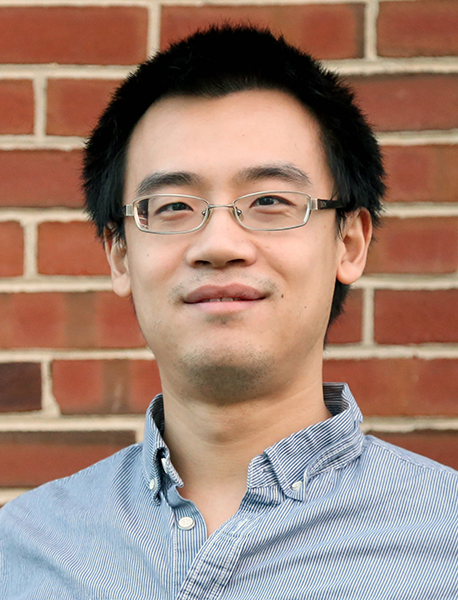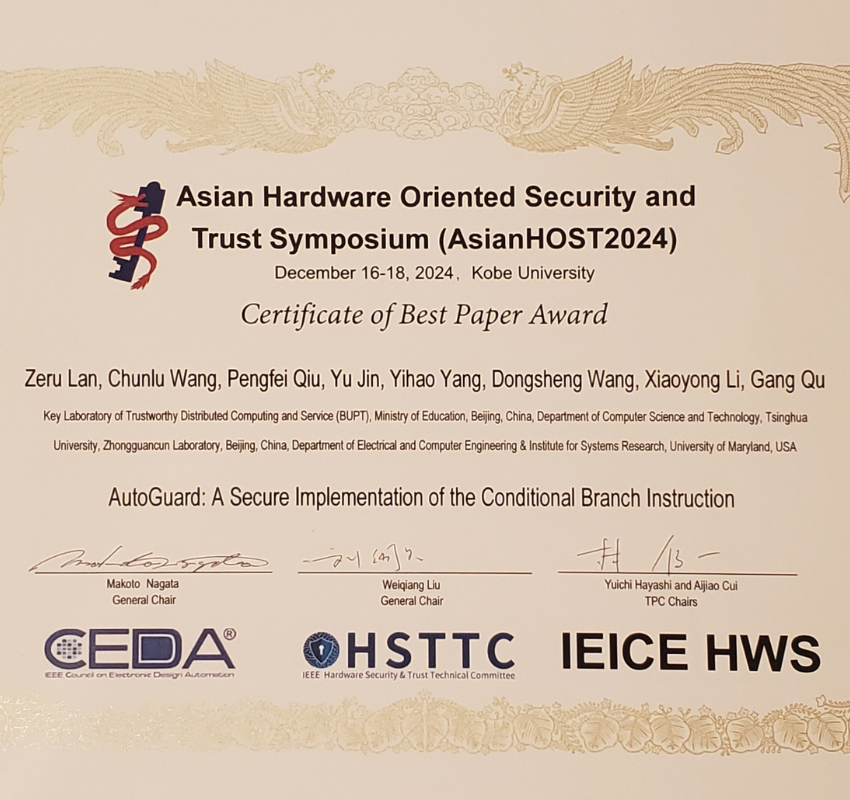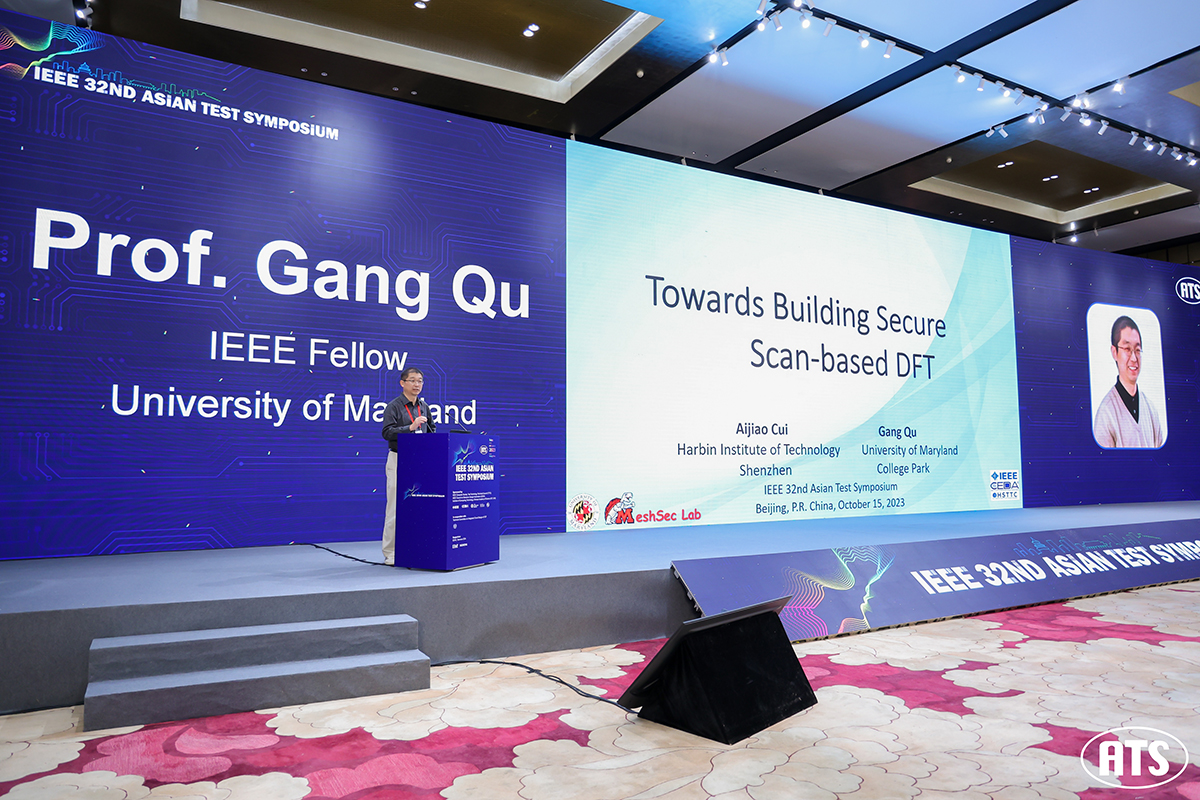News Story
ECE Graduate Student Chongxi Bao Wins Coveted Wylie Fellowship
Chongxi Bao, a graduate student in the Department of Electrical and Computer Engineering, was awarded an Ann G. Wylie Dissertation Fellowship for the 2016-2017 academic year. Bao is addressing the current historical moment with his research—today electronic devices have become essential to many aspects of daily life; over the past decade the threats against those devices have multiplied. His Ph.D. thesis is “Design and Verification Techniques for Enhancing Hardware Security ”. Bao is advised by Professor Ankur Srivastava.
“These hardware attacks pose great danger on security-critical systems. For example, reports show that microprocessors in the Syrian radar might have been purposely fabricated with a hidden “backdoor” inside,” Bao says. “Many cryptographic chips widely used in financial systems have also been broken. To mitigate these hardware attacks and enhance hardware security, various techniques during the design, fabrication and testing phase of these electronic devices are needed.”
These hardware attacks take on many forms. Currently, integrated circuit (IC) designers are adopting a model that does not need secondary fabrication. Designers create and fabricate the circuits in foundries around the globe; however if one adversary exists in the foundry, the fabricated circuits could be modified and may not function as intended or expected.
These malicious modifications to integrated circuits are commonly known as (Hardware) Trojans. Current methodologies for detection of theseTrojans require a Trojan-free IC, a.k.a golden IC for comparison which is costly and inefficient. Bao’s method avoids the costly and error-prone steps in reverse engineering processes and achieves significantly good detection accuracy. His methods also improve the sensitivity of designs to test-time detection.
Other hardware attacks occur via side-channels where the adversary uses other information or avenues such as power, temperature, timing, etc. to deduce critical system information. This type of attack is extremely dangerous because it has been shown to be able to break many widely-used encryption devices. Bao has also investigated how to secure task scheduling on an embedded system against temperature-based side-channel attacks. He has developed an effective task scheduling algorithm which can defend against a powerful attacker and balance security and performance very well. Finally Bao has suggested that cache behavior significantly impacts side-channel attacks and has proposed an architecture that is resilient against them.
Through continuation of this research Bao may be able to identify and refine other methodologies to protect hardware systems. The design and fabrication techniques discussed are effective and have little overhead. Their application and practical use to defend against hardware attacks may have profound impact.
As recipient of the fellowship, Bao will receive a $10,000 stipend, money toward health insurance, a candidacy tuition award, and a credit for mandatory University fees for one semester. In return, Bao must devote his full attention to his dissertation during his semester of choice.
Published June 6, 2016









